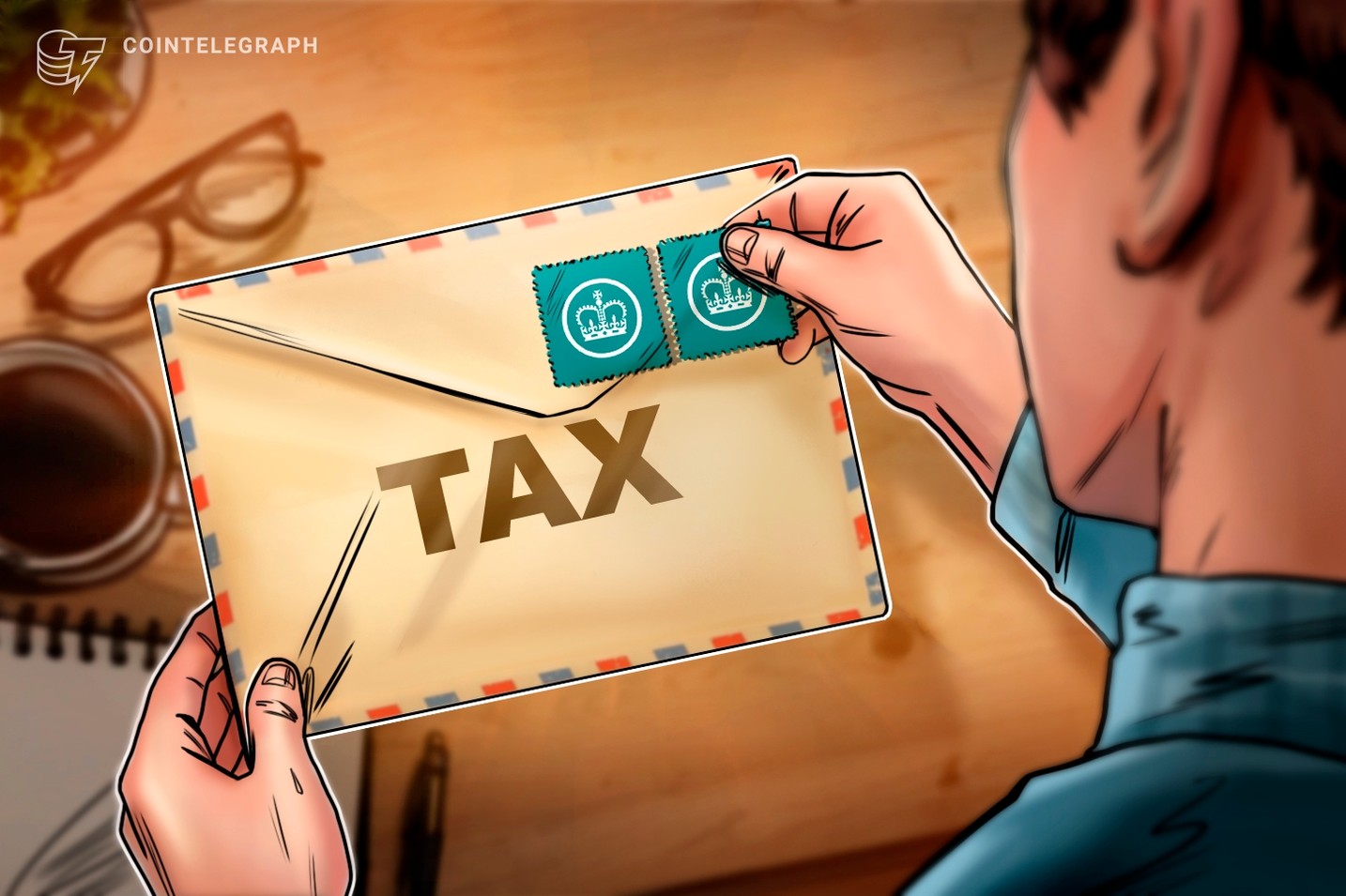
UK crypto investors may be liable for taxes despite not receiving any warning letters from HM Revenue & Customs (HMRC), particularly as the agency enhances its monitoring of undeclared digital asset revenues.
Recently, the Financial Times reported that HMRC issued approximately 65,000 “nudge letters” in the 2024-25 tax year, a significant increase from the previous year. These letters encourage investors to examine their filings and voluntarily disclose any crypto gains before audits are conducted. However, experts warn that just because someone hasn’t received such a letter does not mean they are in the clear.
“Not reporting cryptocurrency transactions to HMRC is illegal, regardless of whether you’ve been contacted yet,” Andrew Duca, founder of the crypto tax platform Awaken Tax, told Cointelegraph. “So even if you haven’t received a warning letter, the fact that HMRC has issued so many this year should serve as a wake-up call,” he added.
Duca explained that HMRC often identifies noncompliance through comparisons of bank records, exchange data, and self-assessments. Discrepancies such as undeclared deposits or transfers can result in letters or formal investigations.
Taxpayers earning higher wages or possessing substantial on-chain portfolios could be particularly scrutinized as the collaboration between exchanges and tax authorities grows.
HMRC Enhances Crypto Oversight
UK-based exchanges and those servicing UK customers outside the country are obligated to submit transaction information to HMRC. With the OECD’s Crypto-Asset Reporting Framework (CARF) set to be implemented in 2026, HMRC will automatically receive data from global trading platforms.
“It’s far better to be proactive and report on your activity now, rather than wait for HMRC to pull you up on it,” Duca said.
He noted that crypto transactions become taxable not just when digital currencies are converted into pounds, but also when they are exchanged between tokens or yield returns through staking, airdrops, or yield farming. Only purchases made with fiat money or transfers among personal wallets are exempt.
To calculate capital gains, HMRC employs a three-tier method known as “spooling,” assessing same-day trades first, followed by transactions within a 30-day window, and finally applying an average cost for older purchases. This method can become complex for active traders, and Duca advises using specific software tailored for crypto reporting.
Guidance for Those Contacted
Duca recommends that investors receiving an HMRC letter should seek expert help immediately. Specialist accountants can assist in preparing accurate transaction summaries and negotiations with the tax office if discrepancies are found. Ignoring HMRC could lead to penalties or further inquiries.
“Using crypto tax software will also help you generate precise reports of your activity efficiently,” Duca stated. “Lastly, be prepared to make payments if taxes are owed.”
Duca further pointed out that decentralized exchanges and cold wallet activities are not exempt from HMRC reporting guidelines. “You are legally required to report on all DEX transactions, cold wallet activity, and hot wallet transfers,” he advised.
In the meantime, in the US, lawmakers are examining potential updates to crypto tax regulations, which may include exempting small transactions from taxation and clarifying the treatment of staking rewards.



